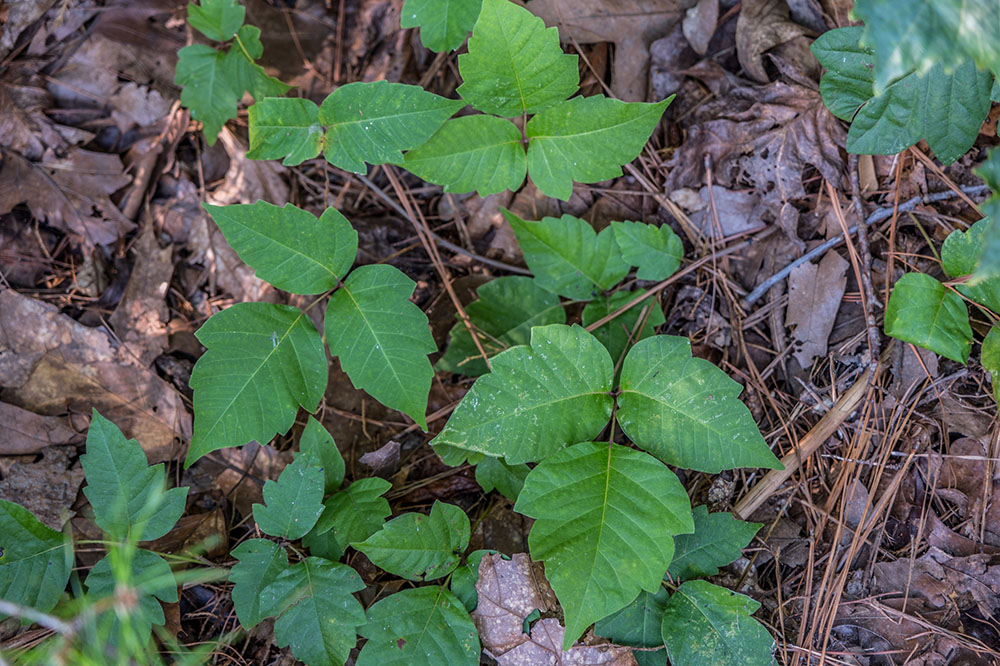When children are home from school for the summer, they like to play outside. In the Augusta area, it can be easy for children to become exposed to poison ivy. Only about 5 to 10 percent of people are not allergic and will never get a rash from exposure to the plant, which means there is a good chance your kids will develop an itchy rash if they are exposed. Parents can help their children by knowing some treatments for poison ivy.
Perhaps the best treatment is avoidance. If children know how to identify the plant, they stand a better chance of not dealing with the annoying, itchy rash. Many people have heard the phrase “leaves of three, leave it be.” A poison ivy plant can be identified, of course, by the leaves that grow in groups of three. In the spring, the leaves are red and turn green toward summer. The plant has small, green berries in the spring that turn off-white this time of year. The oil on the leaves causes the allergic reaction with which we are all familiar.
The mildest form of rash often consists of small, red, itchy bumps that look like hives. It is common to develop clusters of small blisters that can sometimes join together to form larger blisters. If your child gets poison ivy on his or her eyelids, the eyelids will become red, swollen, and itchy, but the eyeballs should not be affected.
If your child is exposed to the plant, do this:
- Wash the affected area for several minutes in warm, soapy water. Rinse the soap off and dry gently.
- Wash any shoes, clothes or pets that might have come in contact with the plant to prevent the plant’s oil from spreading.
If your child develops a rash, start these treatments for poison ivy:
- Calm the itch by applying calamine lotion three to four times a day. Topical antihistamine and benzocaine anesthetic creams can cause another allergic rash on top of the poison ivy, so avoid those.
- Reduce inflammation by applying a 1 percent hydrocortisone cream to the affected area.
- A cold or oatmeal bath might soothe the rash. Just don’t scrub the area with soap. That often makes the skin itchier.
- Use a cool, wet compress (cool water on cloth towels) to soothe the skin and dry up oozing areas.
- Try an oral antihistamine at night to reduce the itch.
It is possible for a rash to escalate to the point at which you should make an appointment with your pediatrician. Call Pediatric Partners if your child experiences the following:
- The rash does not respond to above treatments for poison ivy
- Severe rash on the face
- Fever
- Signs of infection (especially oozing)
- It hurts to use their hands (or to use the bathroom) because of the rash
- Your children have had severe reactions to poison ivy in the past
Pediatric Partners has three locations to better serve our patients. The Evans office is at 411 Town Park Blvd.; the downtown Augusta office is at 1303 D’Antignac St., Suite 2600; and the new Grovetown office is at 5135 Wrightsboro Road. For more information about Pediatric Partners, call the office at 706-854-2500, visit PedPartners.com, or follow the Pediatric Partners of Augusta Facebook page.

